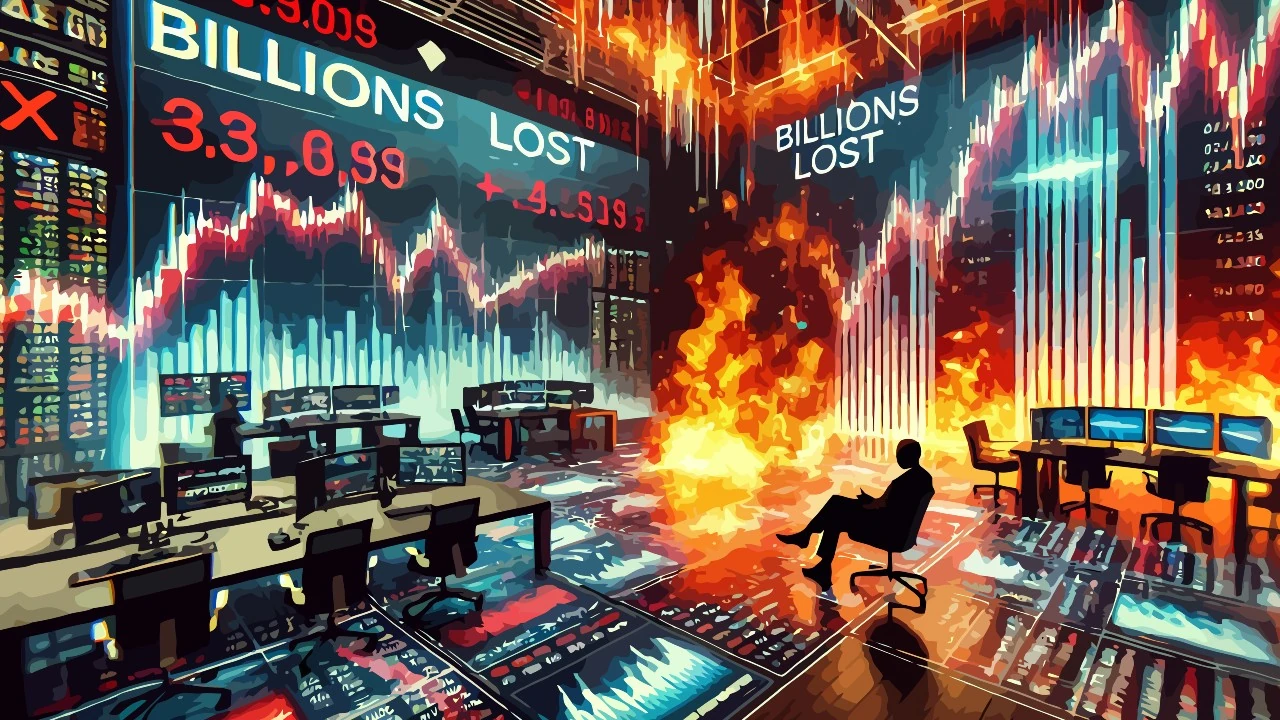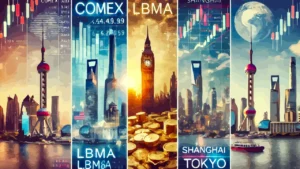When stock markets fall, the headlines scream, “Billions of dollars gone!” But that doesn’t really mean that money is gone. It’s just a revaluation based on the stock price. Many people think that money is “lost,” but a company’s stock market value changes based on how investors perceive it.
It doesn’t destroy physical money, it just changes the estimate of a company’s value. So let’s dive deeper into what market capitalization really means.
#1. Capitalization definition
Market capitalization (market capitalization or “market cap”) represents the total value of a publicly traded company, based on the price of its shares. In simple terms, it is the result of multiplying the total number of shares in circulation by their current market price.
This metric is used to evaluate the size and importance of a company relative to others. For example, a company with a market capitalization of $1 trillion is considered much larger than one with a market capitalization of $10 billion. However, this value can change dramatically over time, even without any actual changes in the company’s fundamentals.
It should be clarified that market capitalization does not represent the real value of a company in the accounting sense of the term. For example, a company may have a large market capitalization even if it does not have many tangible assets. Conversely, a company with very high physical assets may have a low market capitalization if investors do not believe in its future. Market value is therefore an estimate based on investors’ expectations rather than an objective and fixed value.
For example, Samsung may make billions of dollars selling electronics, but if the market perceives low margins or limited growth, its market capitalization may be lower. Conversely, Apple may have lower revenue in one year, but if investors believe in its potential for innovation and future profitability, its stock price could be much higher. Market capitalization reflects not only revenue, but also investor confidence. This is why Apple may be worth more on the stock market than Samsung, despite having lower revenue.
#2. How is calculated and why fluctuates
The formula for determining market capitalization is:
Market capitalization = Current price of a share × Total number of shares outstanding
For example, if a company has 1 billion shares and each share is worth $100, its market capitalization will be:
1 billion × 100 = 100 billion dollars
If the stock price drops to $90, the market cap will drop to $90 billion. Does this mean that $10 billion has been “burned”? Not really.
The price of stocks changes continuously due to supply and demand. If many investors want to buy a stock, the price goes up. If they want to sell it, the price goes down. This changes the overall value of the company on the stock exchange, but it does not mean that you are “burning” or “creating” money out of thin air. It is simply a new valuation that the market attributes to the company.
Market capitalization fluctuations depend on multiple factors, including a company’s financial results, global economic conditions, government decisions, and even investor sentiment. For example, a CEO tweet or an unexpected event can cause large swings in a company’s stock price, even without a material change in its balance sheets.
This explains why market capitalization is a useful, but not always reliable, measure of a company’s true value. Its changes do not represent a flow of real money into or out of investors’ pockets, but only a new perception by the market about the value of a company at a given time.











Leave a Reply